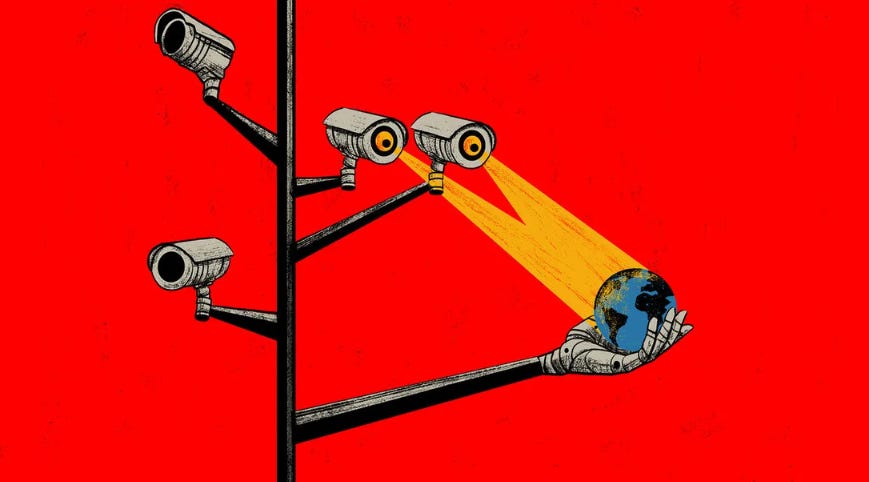Today the global governance of trade is not enjoying a golden age. Still, the largest economies—America, China and the EU—retain a keen interest in setting global standards.
And for rule-writers in 2025, shaping AI governance is the greatest prize of all.
Until this year few would have bet on a Chinese victory in that contest, or the emergence of a “Beijing effect”. For many countries, the Communist Party’s record of internet regulation set a forbidding precedent.
Early glimpses of AI regulation with Chinese characteristics were not encouraging. Authorities swiftly banned ChatGPT, an American generative AI chatbot. The party is especially sensitive about apps that recommend content. In 2023 officials required generative AI services that can shape public opinion to undergo a security assessment and register their algorithms.
China’s reputation for innovation was boosted in January, with the release of DeepSeek-R1, an advanced large-language model produced with a fraction of the computing power and financial support needed by American rivals. The “DeepSeek moment” cast into doubt American government strategies to maintain a lead in AI by denying China access to advanced semiconductors.
But technical success faces political obstacles. Italy banned DeepSeek over data-privacy concerns and Taiwan barred DeepSeek from government systems, citing security fears.
Read more | THE ECONOMIST

